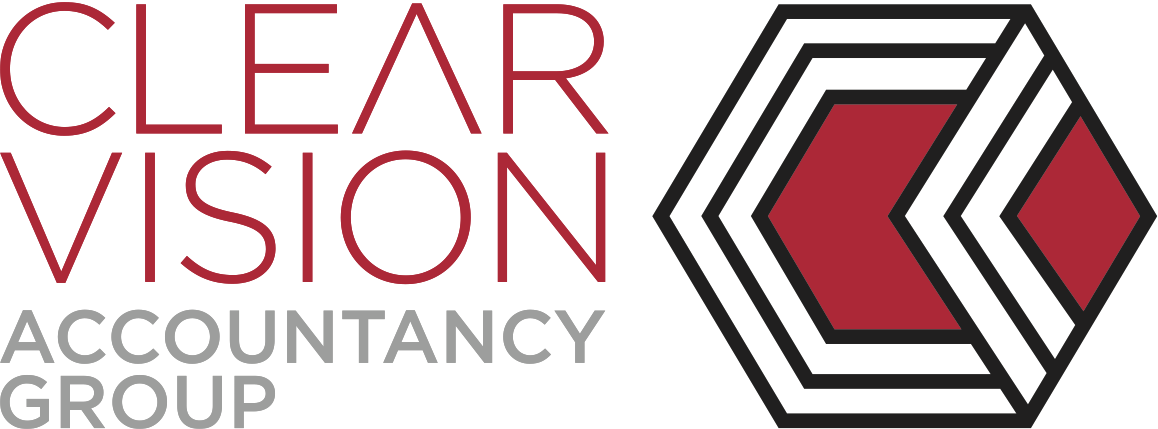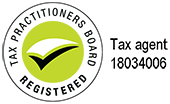Business Alert at 9:00am with CVA
Single Touch Payroll – The dangers for your business.
Single Touch Payroll (STP) aligns your reporting obligations to your payroll processes. You will need to report to the ATO each time you pay your employees, whether that’s weekly, fortnightly or monthly. The information you send the ATO will include your employees’ salaries and wages, allowances, deductions (for example, workplace giving) and other payments, PAYG withholding and superannuation information.
For employers with 20 employees or more you will need to start reporting to the ATO through STP from 1 July 2018 (some extensions have been allowed depending on your payroll software provider). For employers with 20 employees or less, you will need to start 1 July 2019.
So what would help you right now? ‘Boutique Tax Planning’
We strongly recommend reviewing your company’s SGC & PAYG payroll processes to ensure the various types of payments & amounts is correct BEFORE the mandatory change. We are here to help you, so now may be a good time to book a Boutique Tax Plan.
The snags to be aware of as an employer:-
Audit concerns – The Tax Man will have access to even more information to match data and see if all Super Guarantee Charges and PAYG withholding obligations are being met. Errors you make are likely to drastically increase your chances of an ATO audit or review.
Transparency – Employees will be able to view their payroll information and annual payment summary online which will mean more red tape for taxpayers.
Administration – Once an account is established, all tax information like assessment notices etc. will be sent to an online account instead of via post which means you will have more paperwork to do. Not only will you have to keep checking your account, you will also need to email this information to us, your accountant for review.
Make no mistakes – The ATO will be able to match an employee’s superannuation payment to an actual payslip. This means you will need to make sure you are compliant with every payment made to employees.
Systems – Your payroll system needs to be compliant with the new law which may involve additions cost for some employers, particularly ones that do not currently use a software based payroll system.
Cashflow disadvantages – Because information will be given to the ATO in real time; all entitlements need to be met each and every payday.
Planning is your best friend right now. Spend the time now to get prepared and you won’t be panicked down the track. Call our office to set up a time and let us take some pressure off.
The post Business Alert at 9:00am with CVA appeared first on Clear Vision Accountancy Group.





